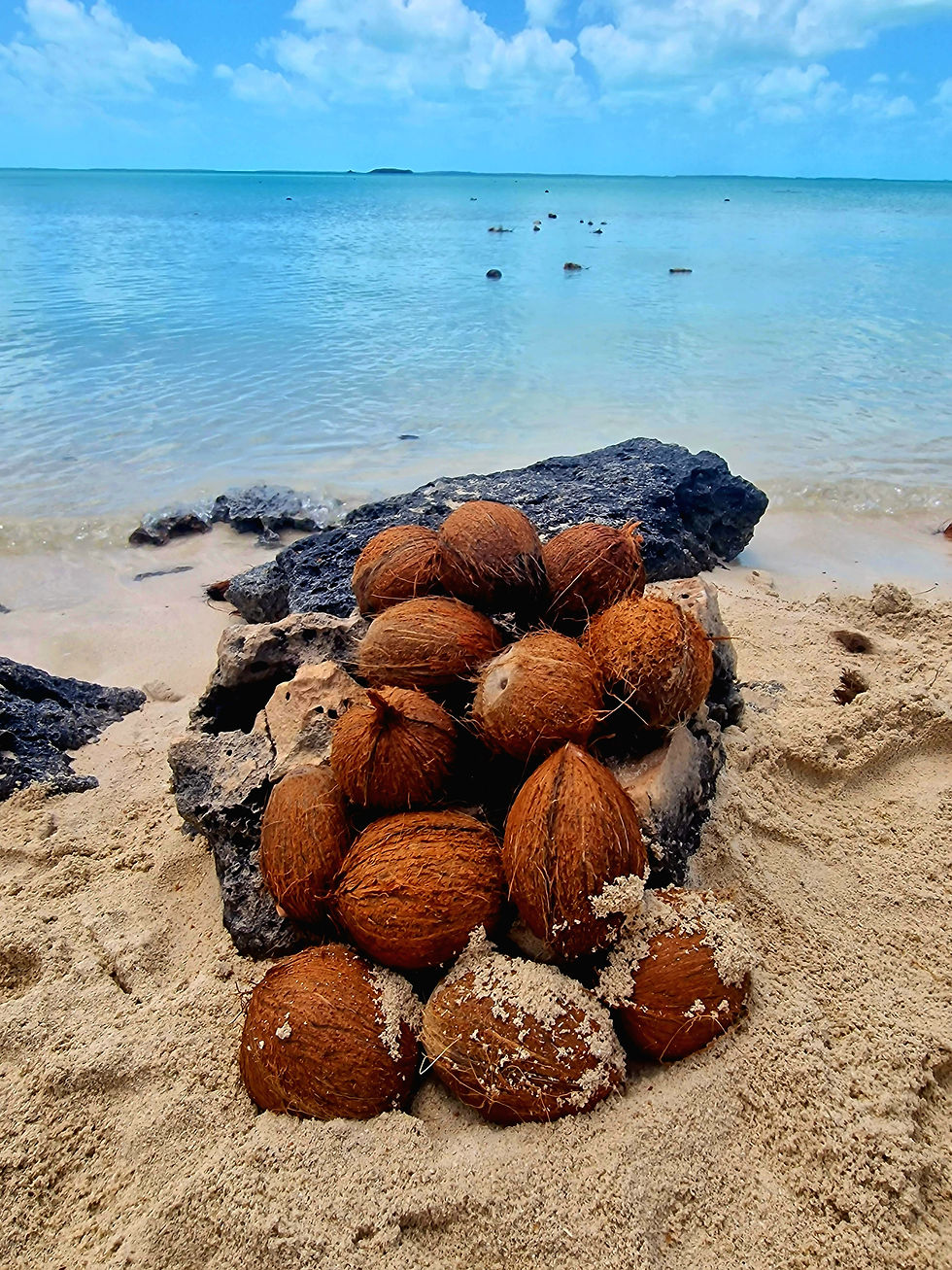Sailing with Nature
- ddsoesan
- Apr 12, 2024
- 2 min read
At the end of the day, after the sun sets, tranquility descends.
Our solar lights, charged throughout the day, warmly illuminate both the inside and outside of the boat. The boys are already asleep (days that begin at sunrise are long), and I know I will soon turn off the Starlink and disconnect from the world until dawn recharges our batteries.

Living on the boat offers a unique magic—the ability to be self-sufficient for extended periods, completely disconnect, and be close to nature, waking at sunrise and sleeping at sunset.
Yet, this lifestyle also has a rugged, maybe wilder side is better wording -
Our closeness to nature means almost complete reliance on the sun for electricity and water, the wind for sailing, and the waves for anchoring. This means we must always know the weather forecast and that our plans can change overnight.
It means a rainy day might leave us minimal internet or need to start the generator.
It also means that we won't get much sleep if we make a wrong decision when anchoring for the night.

The ability to spend many weeks far from populated areas depends on careful planning and luck.
If we plan our food well or manage to fix a breakdown ourselves, there's no problem. But if we're unlucky and the problem is more serious, we must head to a central location with appropriate stores and the right workforce.
That's when the money starts slipping through our fingers.
Life at sea is all-encompassing. We do not control anything and navigate through what's given to us.
The scale of emotions can shift dramatically in seconds, and what we learn best is to live in uncertainty, ready for anything.
So the pictures are stunning, the sunrises breathtaking, and the serenity at the end of the day is addictive, but we write our plans in the sand at low tide and let the waves do their thing at high tide.



















Comments